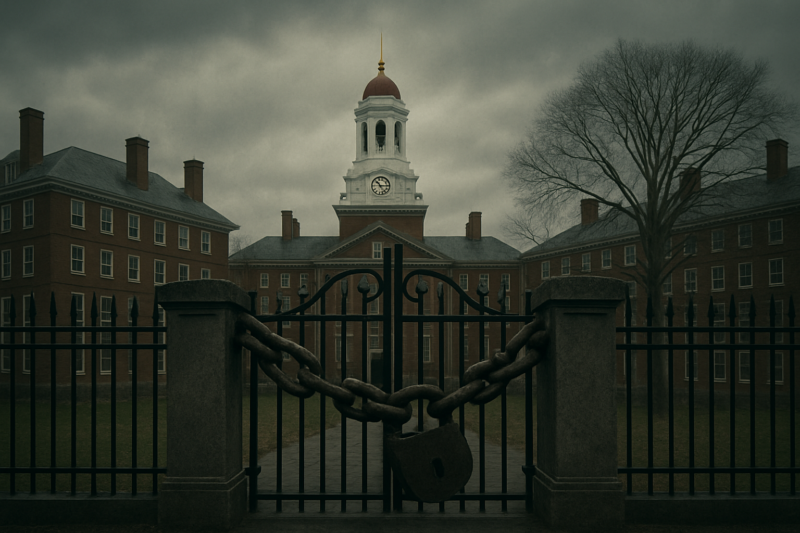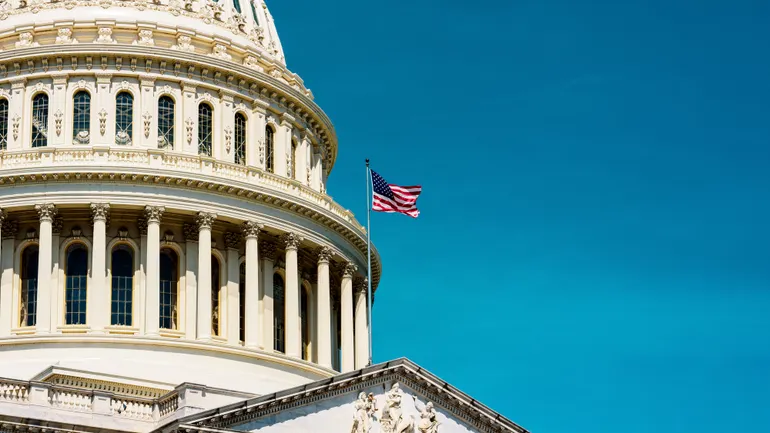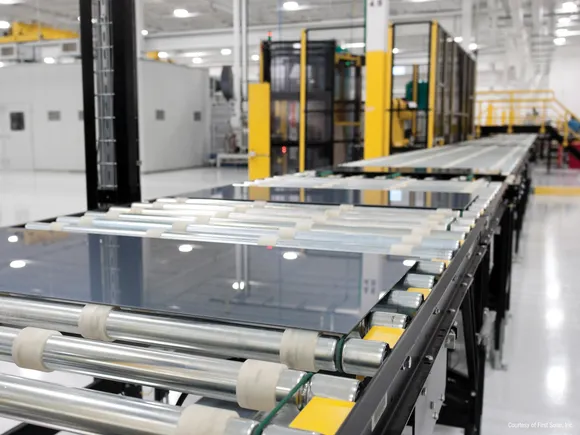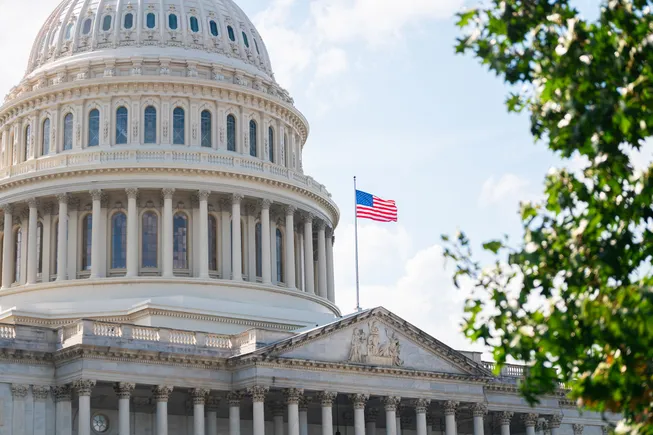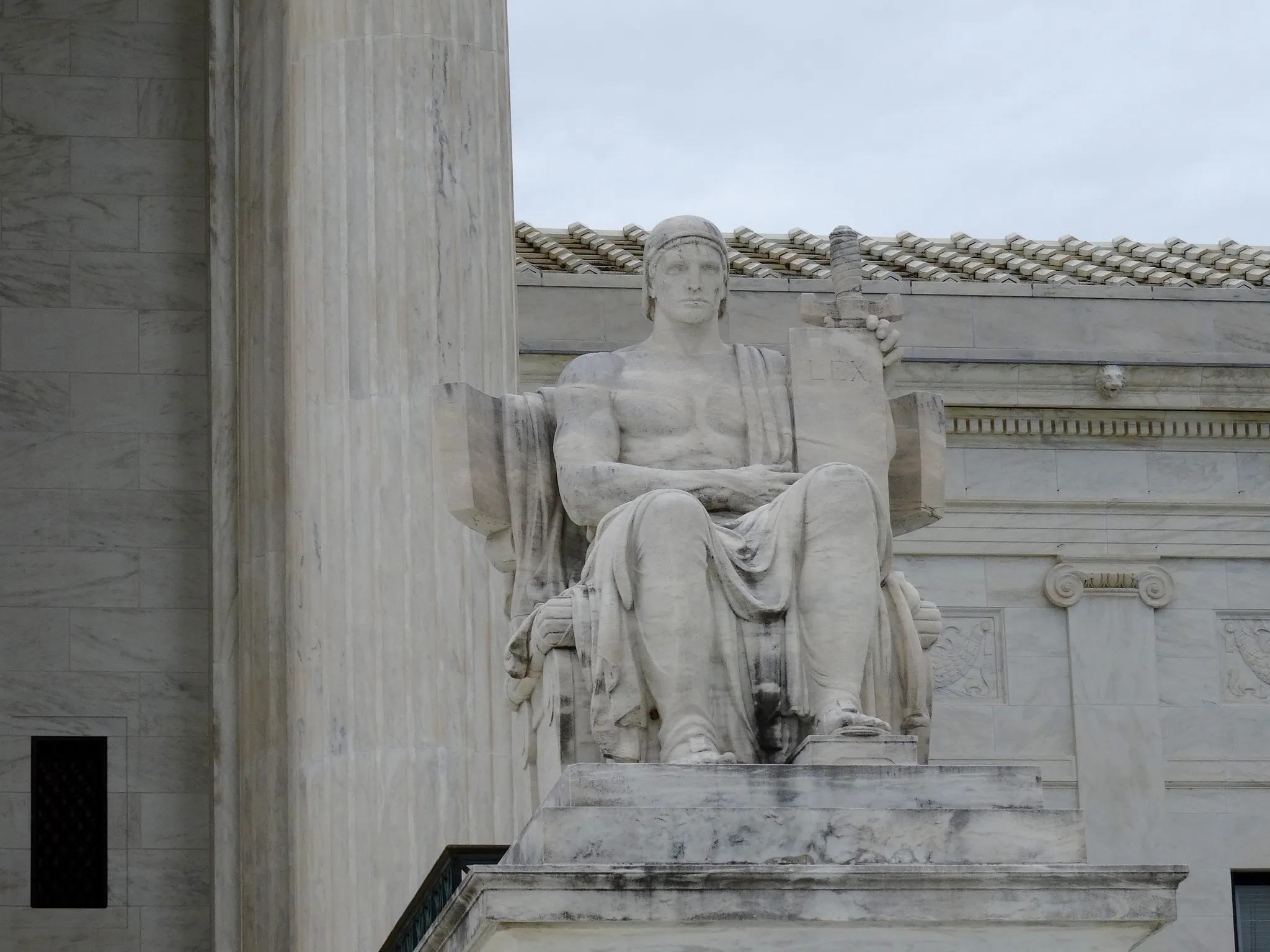Court upholds federal fraud conviction even without economic harm
The Supreme Court on Thursday upheld the fraud conviction of a Philadelphia-area government contractor. Stamatios Kousisis was found guilty, along with Alpha Painting and Construction, after they failed to comply […] The post Court upholds federal fraud conviction even without economic harm appeared first on SCOTUSblog.
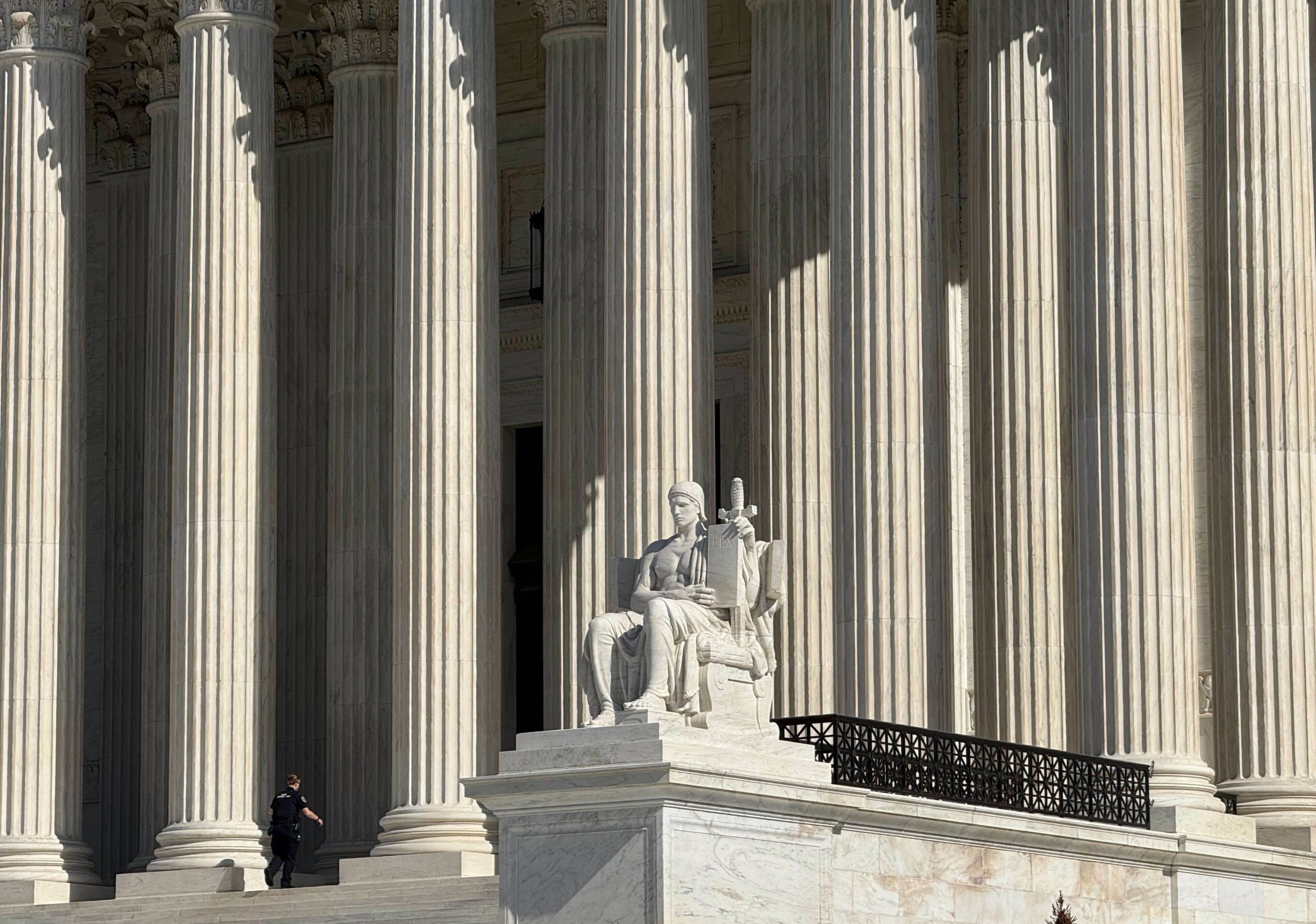
The Supreme Court on Thursday upheld the fraud conviction of a Philadelphia-area government contractor. Stamatios Kousisis was found guilty, along with Alpha Painting and Construction, after they failed to comply with a contract provision intended to promote diversity. Prosecutors insisted that federal wire fraud laws apply equally to cases in which the defendant uses deception to enter into a transaction that doesn’t harm the victim financially. On Thursday, the justices agreed.
The court in recent years has resisted what it sees as the federal government’s overly expansive readings of federal fraud laws, so Thursday’s decision was a relatively rare victory for federal prosecutors in that area.
Kouisisis, Alpha, and their business partners won contracts on two major construction projects in the Philadelphia area: a bridge over the Schuylkill River and repairs at Amtrak’s 30th Street Station. As part of the contracts, they were required to work with “disadvantaged business enterprises.”
Alpha indicated that it would use a paint supplier, Markias, that was a DBE. But Markias was merely a pass-through that did not supply any paint to the projects. Instead, other suppliers sent Markias invoices; Markias then added a small mark-up and sent its own invoices to Alpha.
Alpha and Kousisis were indicted on federal wire fraud charges. The government relied on a theory known as “fraudulent inducement” – the idea that Kouisisis and Alpha obtained the contracts by making deceptive promises to use a disadvantaged business enterprise.
Alpha and Kousisis countered that under the fraudulent inducement theory, the government must show that they intended to harm the victim financially – which they did not do. But the lower courts disagreed. The U.S. Court of Appeals for the 3rd Circuit stressed that participation by a disadvantaged business enterprise was “an essential part of the contract.”
Kousisis was convicted and sentenced to 70 months in prison, while Alpha was required to pay a $500,000 fine and forfeit its profits from the contracts.
In an opinion by Justice Amy Coney Barrett, the Supreme Court on Thursday upheld the 3rd Circuit’s decision, rejecting the argument by Kousisis and Alpha that they could not be held liable unless the government had suffered a financial loss. “The fraudulent-inducement theory,” Barrett wrote, “is consistent with both the text of the wire fraud statute and our precedent interpreting it.”
Starting with the text of the wire fraud statute, Barrett explained that the law simply requires someone to “devise” or “intend to devise” a scheme to “obtain money or property” through “false or fraudulent pretenses, representations, or promises.” The fraudulent-inducement theory, she stressed, does exactly that, as this case shows: “By using Markias as a pass-through entity,” Kousisis and Alpha “‘devised’ a ‘scheme’ to obtain contracts through feigned compliance with PennDOT’s disadvantaged-business requirement.” The goal of that scheme, she continued, was to obtain “tens of millions of dollars” from PennDOT by “making a number of ‘false or fraudulent … representations’ — first about their plans to obtain paint supplies from Markias and later about having done exactly that.”
The Supreme Court has also “twice rejected the argument that a fraud conviction depends on economic loss,” Barrett continued, citing the cases of Carpenter v. United States and Shaw v. United States. And she emphasized that regardless of the theory on which prosecutors rely, a conviction under the wire fraud statute at issue in this case “requires that ‘money or property’ have been an object of the fraudster’s scheme.” Such a requirement, she observed, also distinguishes the wire fraud law from laws that prohibit a conspiracy to defraud the United States, which are not limited to schemes to obtain money or property but can instead apply to, for example, efforts to enter the United States.
Barrett pushed back against the suggestion by Kousisis and Alpha that upholding the 3rd Circuit’s decision could create fraud liability whenever anyone intentionally misrepresents something as part of a property transaction. First, she noted, the fraud laws require that the misrepresentation be material – that is, significant enough to affect the decision to enter into the transaction. Second, she continued, the fraudulent-inducement theory targets “a particular species of fraud: intentionally lying to induce a victim into a transaction that will cost her money or property.” She acknowledged that the wire fraud statute potentially has a “broad” sweep. “But,” she concluded, “Congress enacted the wire fraud statute, and it is up to Congress—if it so chooses—to change it.”
Justice Clarence Thomas joined Barrett’s opinion but wrote a concurring opinion in which he questioned whether the misrepresentations by Kousisis and Alpha were in fact material. “I seriously doubt,” he wrote, “that the DBE provisions can meet this standard.”
Justice Neil Gorsuch joined Barrett’s opinion to the extent that it concludes that the wire fraud statute does not require proof that the victim suffered an economic loss. But he questioned a section of Barrett’s opinion indicating that the “wire-fraud statute’s injury requirement is satisfied whenever a defendant ‘obtains … property’ that a victim ‘would not otherwise have parted with’ by means of a material misrepresentation.” Such an approach, he warned, “risks turning prosecutors and courts into morality police with a commission to prosecute and punish harmless lies.”
Justice Sonia Sotomayor agreed with the result of Barrett’s opinion – that is, that the lower court’s decision can stand. “When a defendant tricks a victim out of their money by promising one thing and delivering something materially different,” she wrote, “it is no defense to say that the delivered items are of equal economic value.” But she would go no further than that, and she declined to join the majority’s opinion to the extent it “appears to speak more broadly.”
The post Court upholds federal fraud conviction even without economic harm appeared first on SCOTUSblog.




























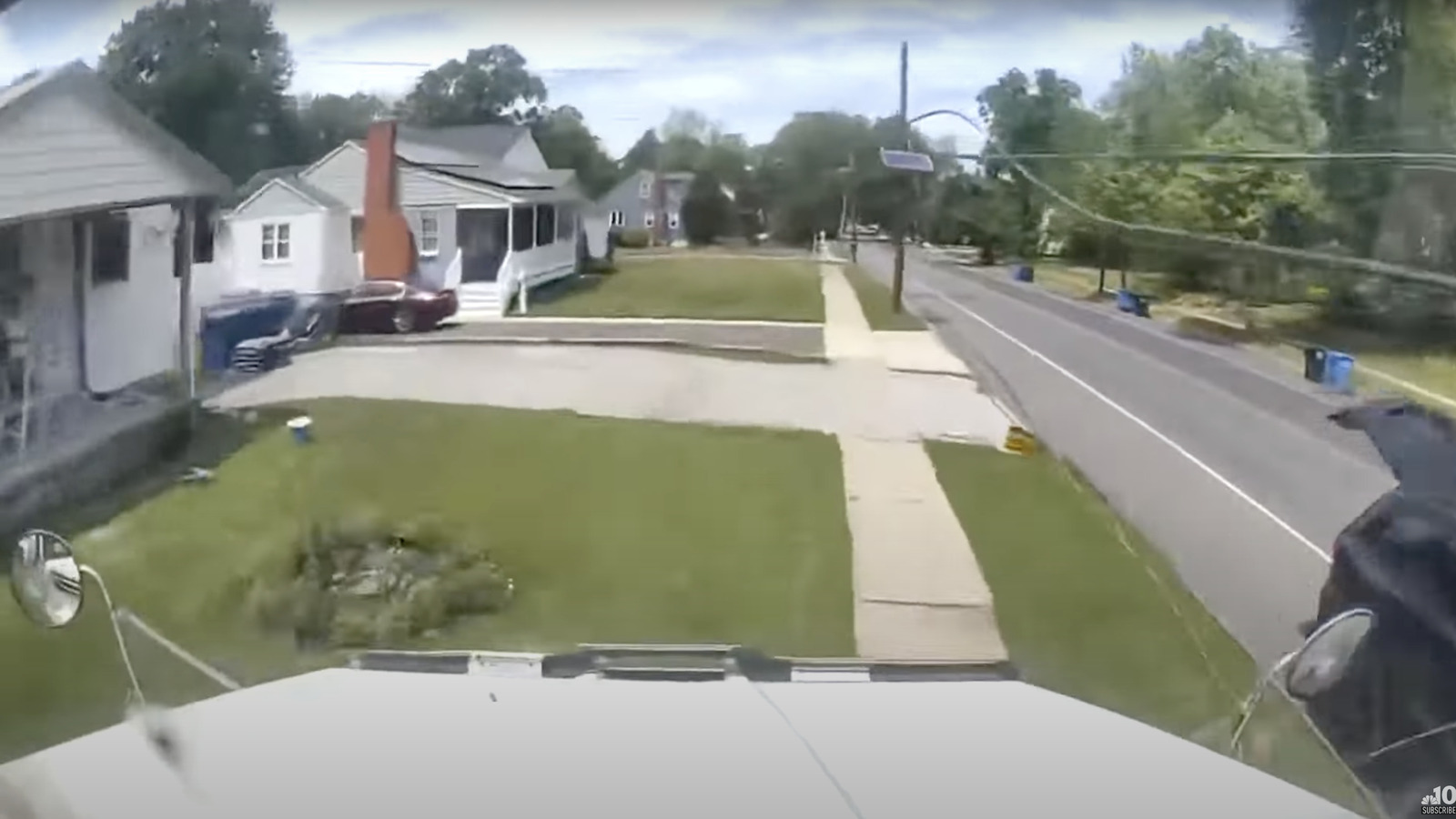



































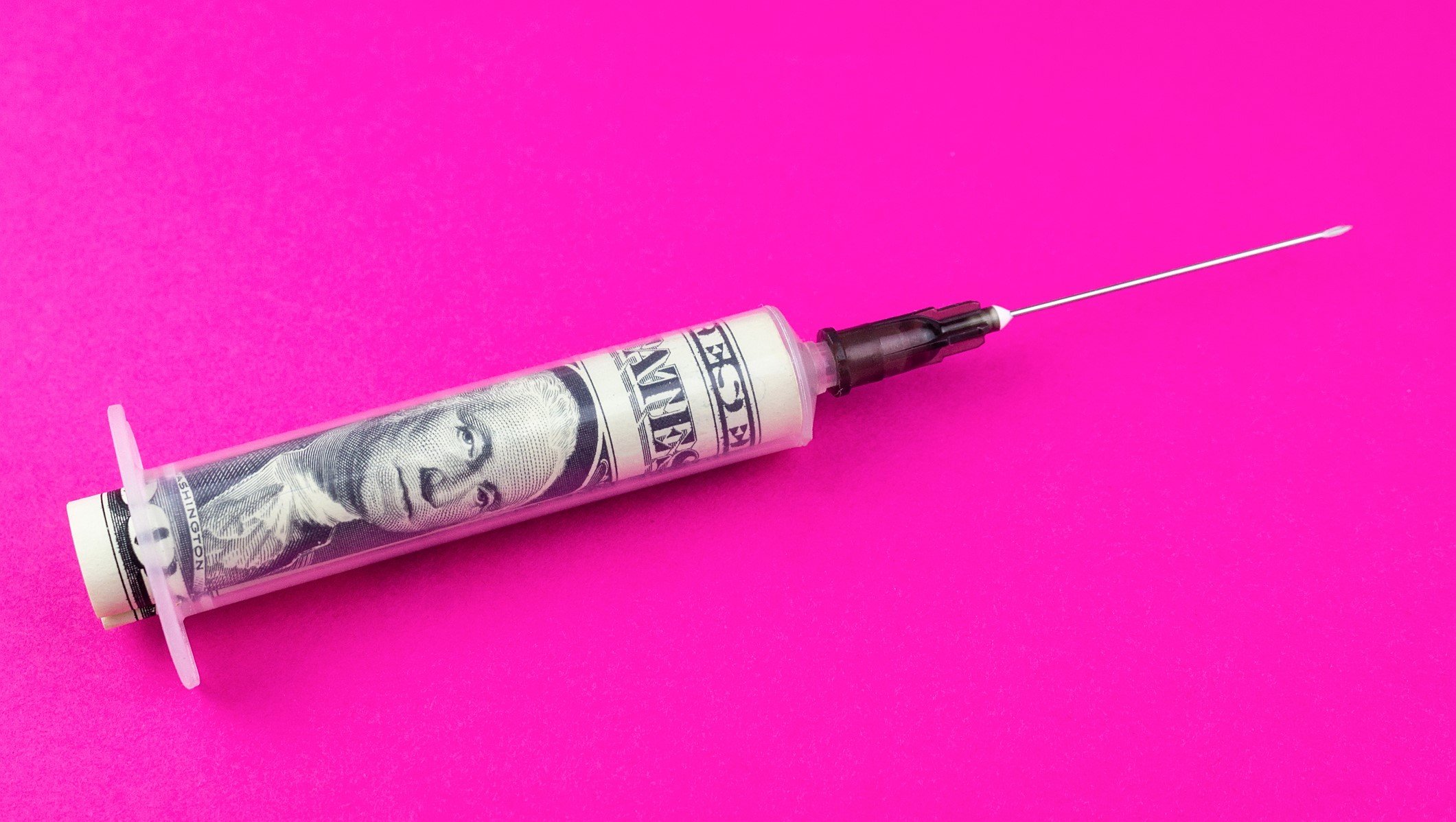

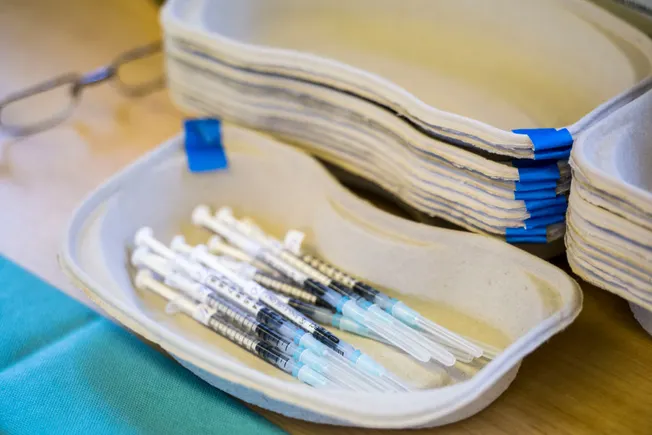


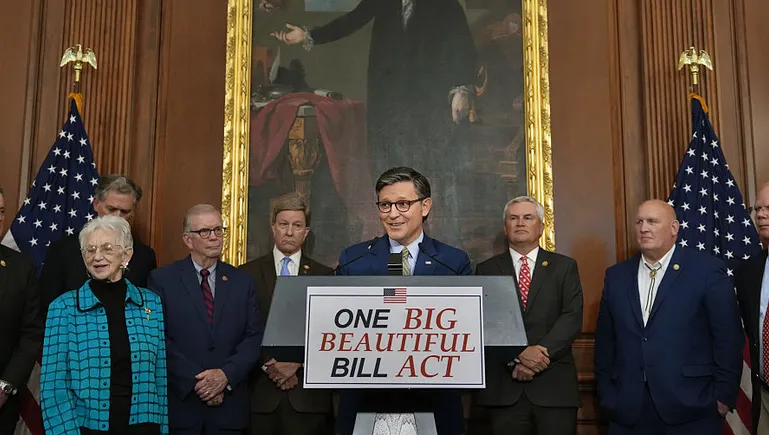


















![The F-35’s future: The power and cooling competition that could change everything [Video]](https://breakingdefense.com/wp-content/uploads/sites/3/2024/09/240924_F35_moon_USAF-scaled-e1727200160419.jpg?#)






























